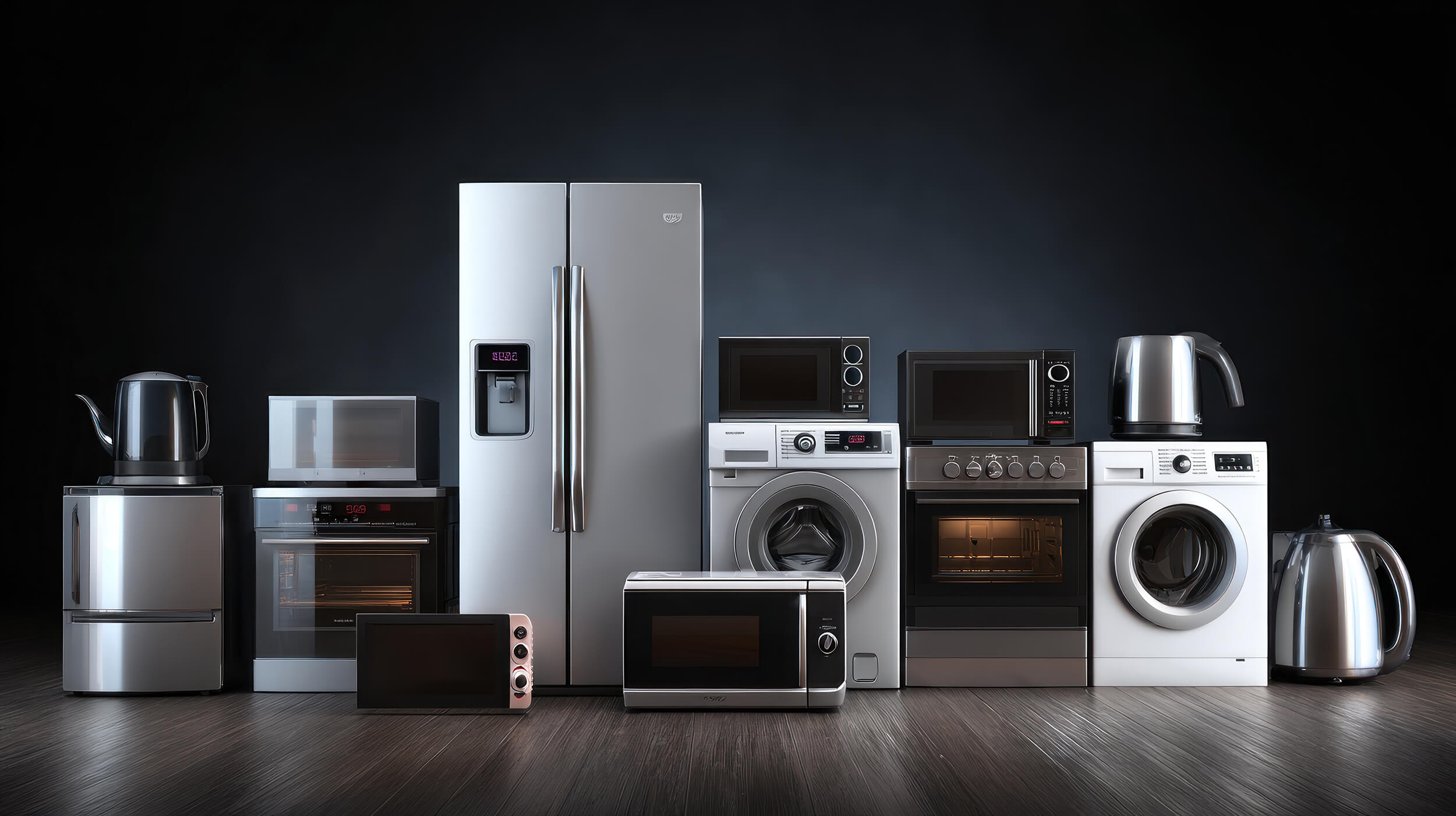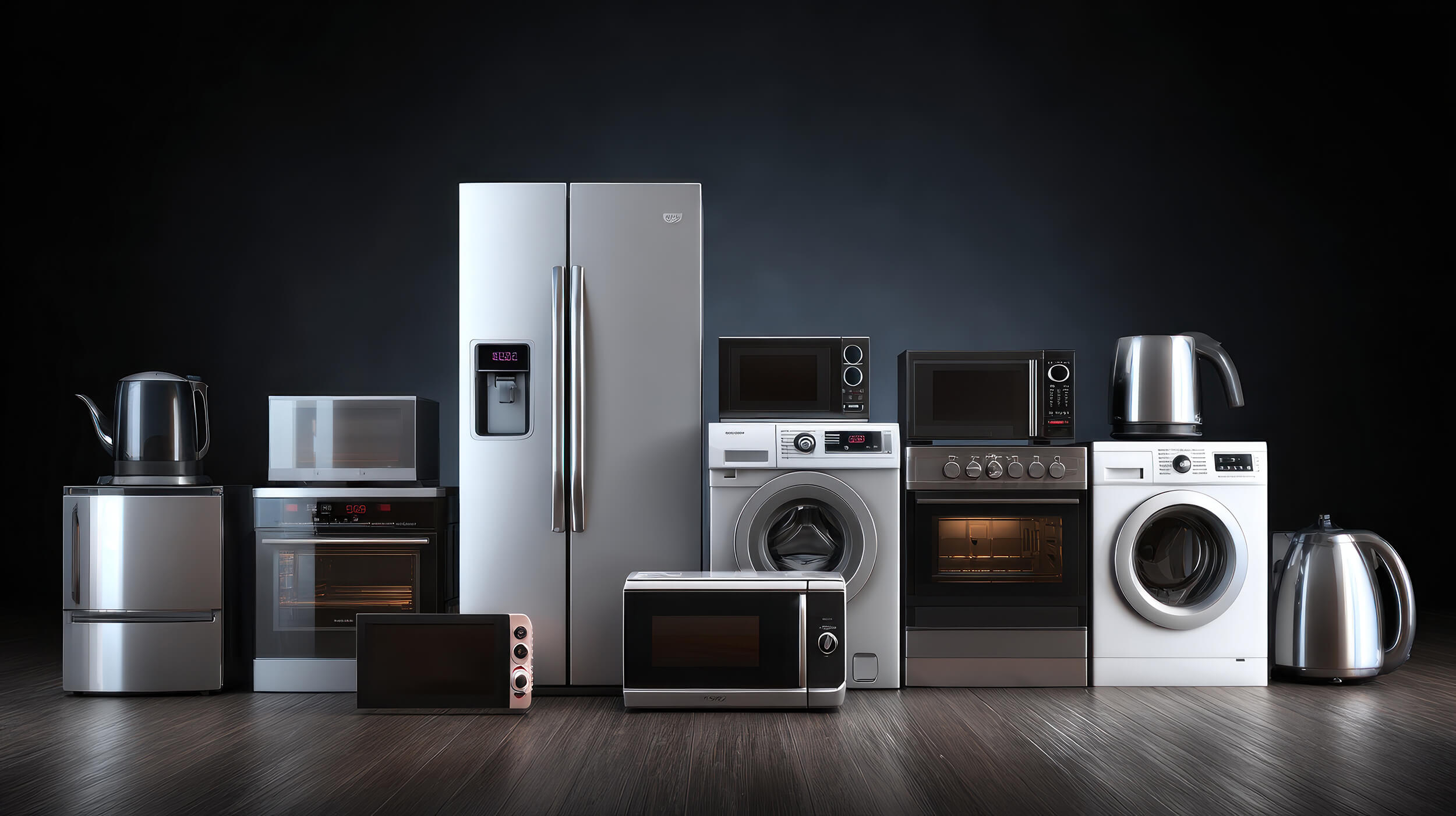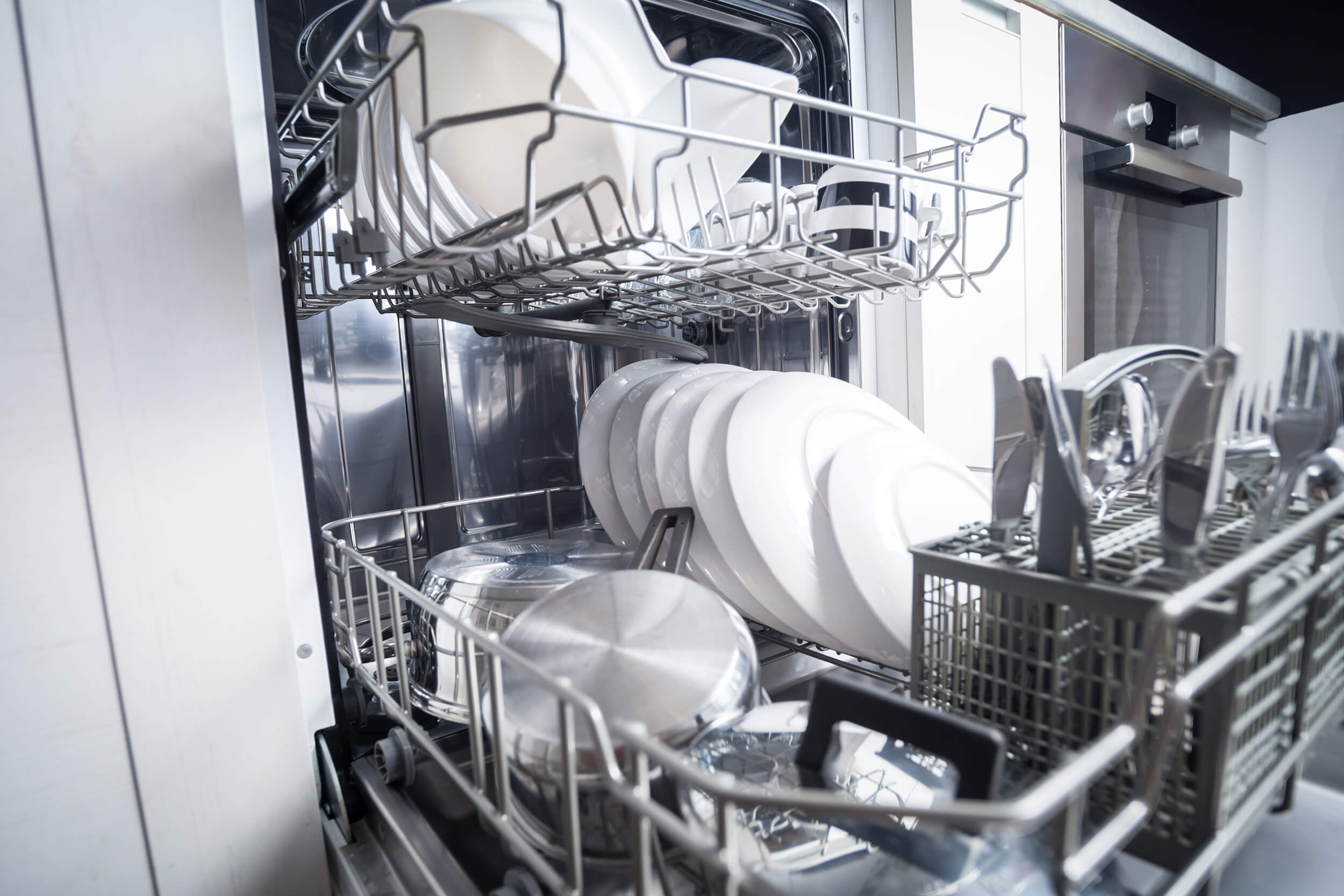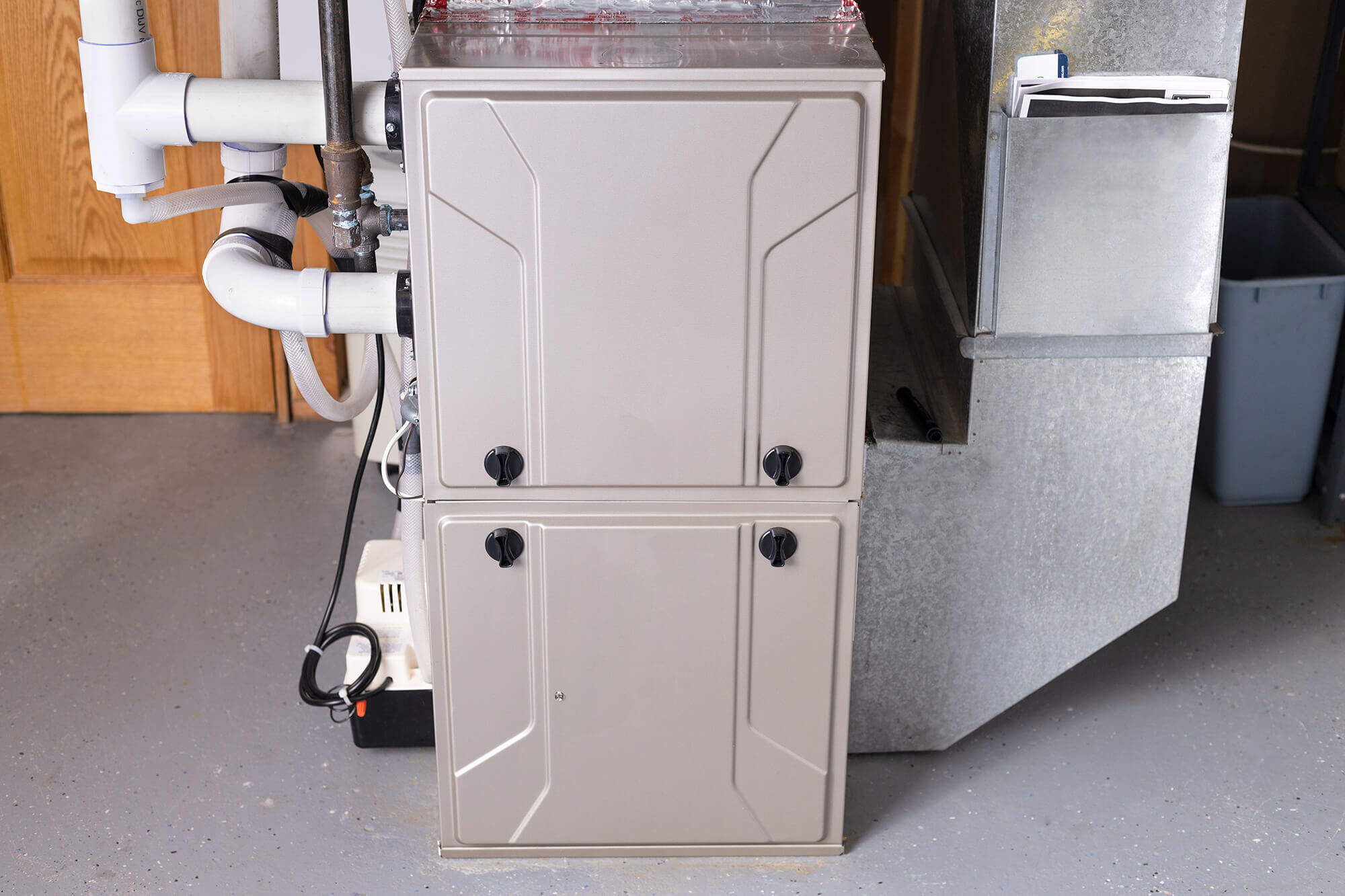FOR IMMEDIATE RELEASE
April 12, 2005
CONTACT:
Andrew deLaski, 617-363-9470
Steven Nadel, 202-429-8873
New Standards Could Save $10 Billion by 2030, Slash Energy Use up to 30%
Washington, D.C. -- In a letter released today, the Department of Energy (DOE) granted a petition for a new standard for home refrigerators. The petition, submitted by a diverse coalition including a state government agency, utility companies, consumer and low-income advocacy groups and environmental and energy efficiency organizations, requested that DOE commence a rulemaking to strengthen an existing national standard.
"We are very pleased DOE has granted our petition," said Steven Nadel, executive director of the American Council for an Energy-Efficient Economy (ACEEE). "DOE's action recognizes the enormous energy and dollar savings at stake in making home refrigerators more efficient."
By law, the agency must set national standards at the most energy efficient level that is cost-effective for consumers. The petition cited a recent DOE analysis which estimates that new refrigerator standards could save 5.78 quadrillion btus of energy over the 2010 to 2035 period – enough to meet the total electricity needs of 4 in 10 U.S. homes for one year. According to the petition, a 30% improvement in the standard could net consumers about $10 billion in savings.
"It is encouraging that DOE has granted our petition," said Mel Hall-Crawford, energy projects director for Consumer Federal of America (CFA). "Refrigerators are a major consumer appliance. We look forward to a process that clearly looks at establishing strong, cost effective energy efficiency standards for residential refrigerators that will benefit consumers."
The Department must now initiate a public rulemaking to determine the appropriate level for the new standard. DOE's determination of a future standard will likely turn on analysis of what standard level is cost-effective for consumers.
"DOE has taken an important step in the right direction," said Andrew deLaski, executive director of the Appliance Standards Awareness Project (ASAP). "We hope they'll now advance the process for determining this standard with all due speed."
DOE has ongoing rulemakings for several other product standards, all of which are years behind schedule. DeLaski noted, "For energy efficiency to be the first line of defense for our nation's energy security, for making our power systems more reliable and for improving environmental quality, we need the DOE to meet all of its obligations to update energy-saving standards."
In addition to ACEEE, CFA and ASAP, the other petitioners are: California Energy Commission; Natural Resources Defense Council; National Consumer Law Center; National Grid, USA; Northeast Energy Efficiency Partnerships; Northwest Power and Conservation Council; Pacific Gas and Electric Company and Vermont Energy Investment Corporation.
# # #
About ASAP: The Appliance Standards Awareness Project is a coalition group dedicated to advancing cost-effective energy efficiency standards for appliances and equipment. ASAP works at both the state and federal levels and is led by a Steering Committee with representatives from consumer groups, utilities, state government, environmental groups, and energy efficiency groups. For information about ASAP, contact ASAP, 20 Belgrade Avenue, Suite 7, Boston, MA 02131 or visit http://standardsASAP.org.
About ACEEE: The American Council for an Energy-Efficient Economy is an independent, nonprofit organization dedicated to advancing energy efficiency as a means of promoting both economic prosperity and environmental protection. For information about ACEEE and its programs and publications, contact ACEEE, 1001 Connecticut Avenue, N.W., Suite 801, Washington, DC 20036-5525 or visit http://aceee.org.




